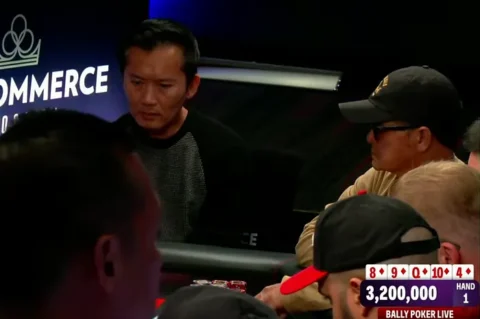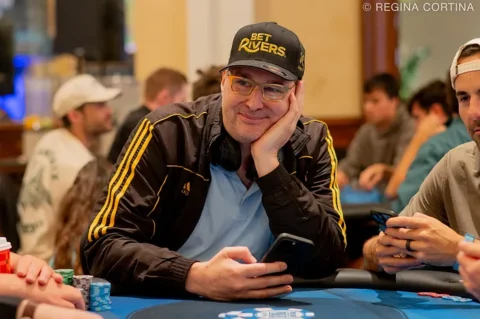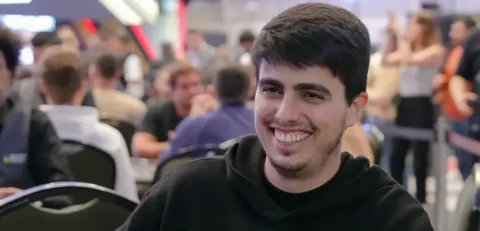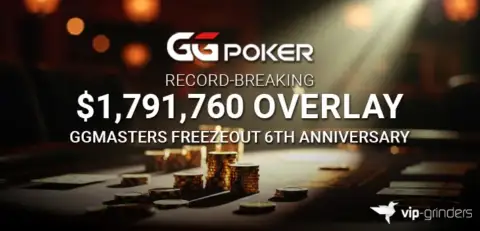Poker is a game of skill, logic and calculated risk-taking. Knowing when to continue playing a hand and when to fold is one of the most important skills in poker. Folding can be frustrating, especially if you invest chips in a hand and then have to abandon it. However, it is often the correct decision. Today, we will explore the key factors to weigh up before choosing to fold your hand in a poker game.
When an Opponent Bets Big
One of the main things to consider is the bet size from your opponent(s). If someone bets a large amount relative to the pot, it is usually a sign of strength. They likely have a powerful hand and are trying to force out weaker holdings. Calling a big bet with a marginal hand is rarely advisable. Unless you have a very strong draw or think your opponent is bluffing, it is often best to lay down your hand when facing a large bet.
The Number of Opponents in the Hand
Another important factor, whether you are playing in a brick-and-mortar casino or an online casino like Christchurch Casino, is the number of players still active in the pot. The more opponents you are up against, the less likely it is that you hold the best hand. In a multi-way pot, someone often has a big hand. Think carefully before calling a bet when facing two or more players who could easily have strong holdings themselves.
Your Position at the Table
Your position also influences the decision to fold. When you are out of position – meaning there are still players left to act after you – it is tougher to bluff catch or make thin calls. You will be acting before players yet to act, meaning you could face additional bets on later streets. From an early position, you generally want stronger hands to call with. More marginal holdings become vulnerable when playing out of position.
Analyse the Board Texture
Studying the board texture is crucial. If the flop or turn brings many draws or potential straight and flush combinations, your strong-looking hand can quickly become vulnerable. Several opponents may have connected with that wet board and improved to very strong holdings. In those situations, think twice before slow-playing big pairs or overpairs. Be willing to fold overpairs on draw-heavy boards rather than stacking off with vulnerable holdings against likely draws.
Your Opponents’ Styles
Getting a read on your opponents’ playing styles through observation is very helpful when deciding whether to fold. If an opponent only raises pre-flop with premium hands, then you should strongly consider releasing your speculative holdings when they put in a raise. Similarly, if you know a player only continuation bets the flop with genuine strength, then fold to their bet rather than bluff catch with weak holdings. Get a good understanding of the players at the table before choosing to call their bets with dubious hands.
Implied Pot Odds
When facing a bet, quickly calculate implied pot odds before folding. This is the ratio between the bet size and the total pot size. For example, if the pot is $100 and your opponent bets $40, the implied pot odds are 40% (the $40 bet relative to the $100 pot). To continue, your hand needs at least 40% equity against your opponent’s range. If your hand has around 30% equity, fold since you aren’t getting proper pot odds to call. However, if your equity is 45%+, you are getting good implied odds and can justify a call to see the next card.
Trust Your Instincts

While you should consider all these factors before folding, also have confidence in your gut feel at the table. Experienced poker players tend to get a sixth sense for when their hand is likely behind or if they are being drawn out on. Don’t ignore that little voice telling you to ditch a hand, even if you can’t fully explain why. Our subconscious picks up on things our logical mind misses. If your instincts are screaming fold, don’t be afraid to let it go, even if it looks playable on paper.
Knowing when to release a poker hand and cut your losses is a vital skill. While folding can be frustrating, it is often the right play. Mastering the art of folding will save you chips in the long run and make you a better poker player.














